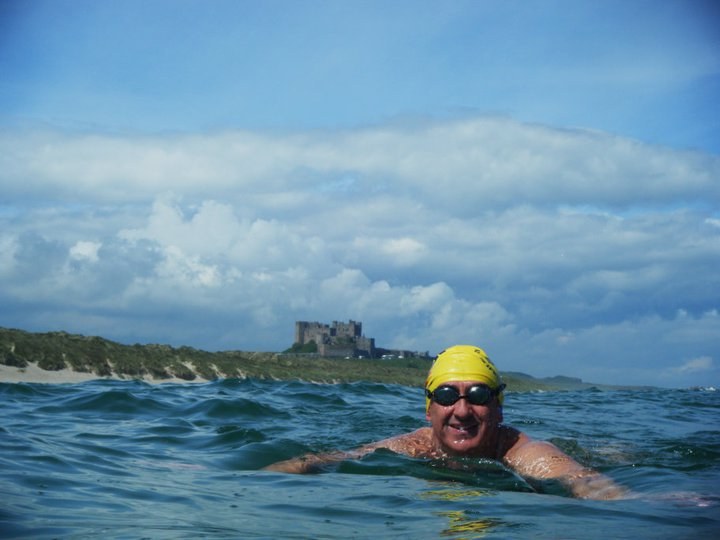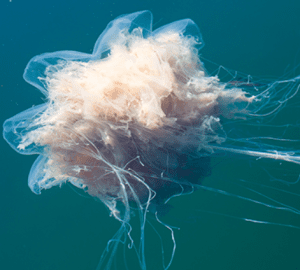What is failure in open water swimming?
In the next issue of H2Open Magazine (Feb/Mar 2012) 2008 Olympic marathon swimming bronze medallist Cassandra Patten shares the story of her battle with shoulder injury. It seems to be human nature to love stories of triumph over adversity. Back in July 2011 we published a piece on Maarten van der Weijden, who overcame cancer to win Olympic gold. These fairy-tale ending stories give us hope and inspiration as we fight our own battles. The reality is that these types of stories are few and far between. Dashed hopes and disappointment are the norm.
Cassandra’s shoulder injury destroyed her swimming career and dreams of a return to the Olympic stage in 2012. It’s not that she didn’t try. She describes in detail the pain and the conflict between the need to train to retain fitness and imperative to rest and recover, the hours of rehabilitation and physiotherapy, all in vain.
Another swimmer we’ve been talking to, Bryn Dymott, last summer, very publicly (even appearing on television), attempted to become the 10th and oldest person to swim the English Channel breaststroke. He was pulled from the water with hypothermia long before he reached his goal.
In fact around 50% of people who try to swim the Channel fail.
Bryn Dymott hoped to become the 10th person to swim the English Channel breaststroke
How many swimmers around the world are currently dreaming of representing their country in the 2016 Olympics? We can think of at least three Australian swimmers who’ve said they’d like to contest the marathon swim. If the selection criteria match those for London two of those will almost certainly fail to qualify.
We’ve used the words ‘fail’ and ‘failure’ on purpose here. They’re emotion-laden words, sometimes used as taunts. It’s usually seen as the opposite of success.
But is it really? And is it such a bad thing?
You ‘fail’ when you try to do something out of the ordinary, like qualifying for the Olympics or swimming the Channel. If you don’t try, you can’t fail, so surely the opposite of success is ‘not trying’ rather than failure.
It takes a lot of courage to pursue a dream. You can hardly train for the Olympics or a Channel swim in secret. You’re making a loud and clear statement that you believe you can do something extraordinary. You need the support of friends and family. You may be attempting to raise sponsorship, either to fund your training or for charity. When you ‘fail’ it can feel that not only have you let yourself down but all the people who believed in you and supported you, and those who doubted you will have been proved ‘right’. You fear how badly they will think of you. And that fear of failure, and what people might think of you, dissuades many people from trying.
But do people really think badly of you when you fail? I doubt anyone reading Cassandra’s or Bryn’s stories will think badly of them. We admire them for having the guts to chase their dreams. I also doubt that Cassandra or Bryn or the many other people that haven’t achieved their dreams regret the effort they put in to trying. They will have learnt too much on their journeys for that. Even better, Bryn is very proud of the £4,500 he raised for Parkinson’s UK and Cassandra was delighted that she had the opportunity to commentate on the marathon swim at the Olympics. Failure to reach your stated ultimate goal does not necessarily mean you come away with nothing.
So don’t be afraid of failure. Not trying is worse. And if you haven’t set a swimming challenge for 2013, see our list of suggestions from our previous newsletter.







